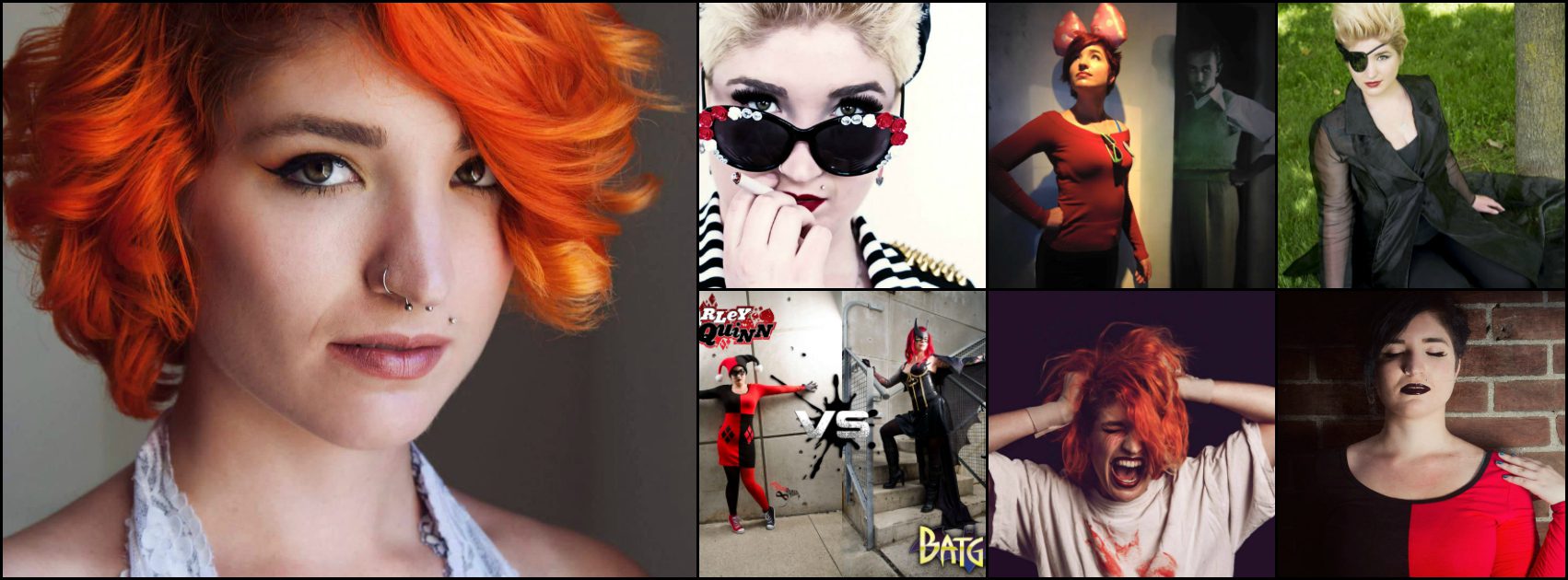On January 20, 2018, the second women’s march was held.
Strong, beautiful, capable women filled the streets, wearing their cute, pink pussyhats and wielding signs like, “Anything you can do, I can do bleeding” and “pussy power”. And I’m proud of these women. I am. But looking through these pictures online, there is one question that keeps coming to my mind:
Since when is my vagina (or the colour of it, or the fact that it occasionally bleeds) what makes me a woman?
Because there are a lot of women in this world. And amongst these women, a lot of variety. Some women don’t bleed from their vaginas, for one reason or another. Some vaginas aren’t pink. Some women don’t even have vaginas, because some women were born with penises, and some women chose to keep their penises. And yet, despite all of this variety, these are still women, and these women deserve recognition and validation and basic human rights, as much as any of us.
And, I know, I know; there are a lot of women in the world. It’s difficult and, in some cases, impossible to constantly be inclusive to every single one of them, especially when some issues that the women’s march are trying to gain attention to are specific to certain women (like, say, women’s rights to reproductive health). And the vagina is, to a certain extent, an image to be reclaimed by some.
But if we’re going to move forward with this whole equal rights thing that we’re all hoping for, we need to make sure that we’re being inclusive toward all women. And this idea of equating femininity with vaginas and masculinity with penises is a slippery slope.
I often hear it joked about amongst cis-gendered male company. This idea that having a big penis means that you’re somehow a bigger and better man. This idea that, without a penis, you aren’t a man, that even if a cis-gendered man lost his penis for one reason or another, then – poof! suddenly, he’s a woman, just like that.
Heck, another word for penis is literally ‘manhood’.
And part of striving for equal rights should involve spreading this message that, just because you were born with a penis, that doesn’t mean that you’re a man. And just because you don’t have a penis, that doesn’t mean that you aren’t a man. Some feminists are legitimately trying to do this. And some feminists seem to be taking a page from the same book that all of those men bragging about their big dicks are reading.
Which, you know, would be cool if it weren’t for the fact that transgender individuals really should not be ignored right now. Like, they really, really shouldn’t.
Trans people are four times more likely to live in poverty than the general population due to several workplace issues – including violence and discrimination (trans people also experience homelessness at twice the rate of the general population).
41 percent of trans or gender non-conforming individuals have attempted suicide (compared to 4.6 percent of the general population).
One in two transgender people are raped, and some have even speculated that the statistic might be as high as 66 percent.
In 2017, 28 transgender individuals were murdered in the U.S. – meaning that violence against trans people has actually been increasing (in 2016, 23 trans people were murdered). Nearly all of them were women of colour.
This is the reality of living as a transgender person in North America. This is something that feminists should be talking about – and talking about prominently. I understand that we have other concerns to deal with as well, but we need to make space for this at our marches. Because this matters. This is important. We can’t just ignore it, because it doesn’t fit into our pussy-centric narrative.
And I see your little pussyhats, and they’re very cute. I do not for a second believe that they were made with ill intent, or to exclude anybody from the march. But when we put them on and agree that what unites us as women is the vagina, then we aren’t really being fair or true. What unites us as women is that we all call ourselves women, and we all have to deal with the hardships that comes with that. And it’s a different hardship for everybody. Some women only have to deal with sexism. Some women have to deal with sexism as well as racism. Some women have to deal with sexism, racism, and transphobia, all at once. Some women have to deal with more. And I understand if you don’t relate to that experience because it isn’t your own – but that doesn’t mean that those women aren’t your sisters. That doesn’t mean that those women aren’t suffering, and that doesn’t mean that you can’t learn about their experience so that you can help them.
And, really, all you need to do is learn. Learn, and make sure that you are opening up our marches and our movement to every women out there.
If I lost my vagina tomorrow in some sort of awful vagina-losing accident, I’d still be a woman. Because, end of day, my vagina has absolutely nothing to do with my identity. I identify as a woman because I feel like a woman – end of story. Not because of what’s between my legs (or the fact that it bleeds, or the colour of it, etc., etc.). Genitalia does not define us as much as we have allowed society to make it define us. End of day, it is society that tries to make us think that you can’t be a man with a vagina, or a woman with a penis. And if feminism believes in anything, it is that society can be changed.
